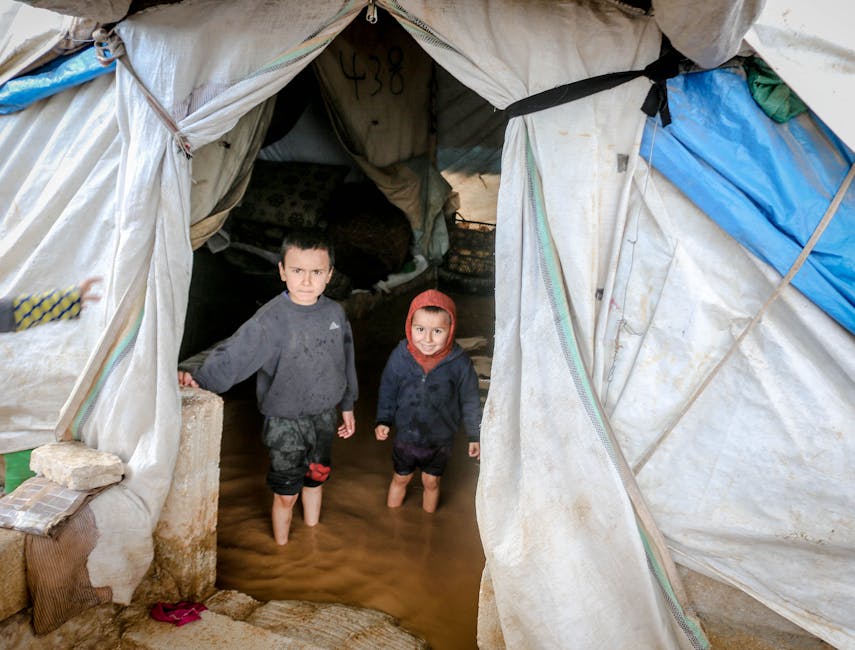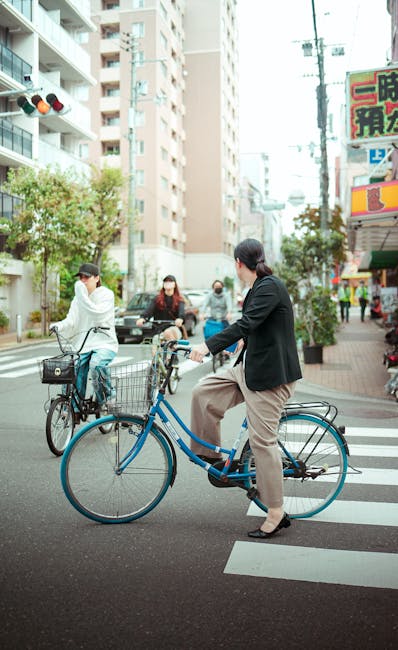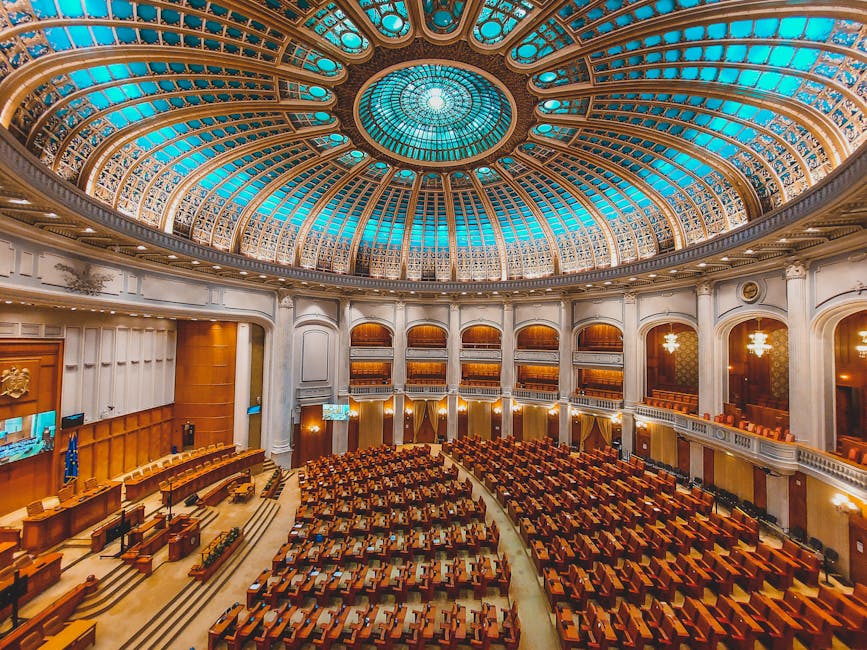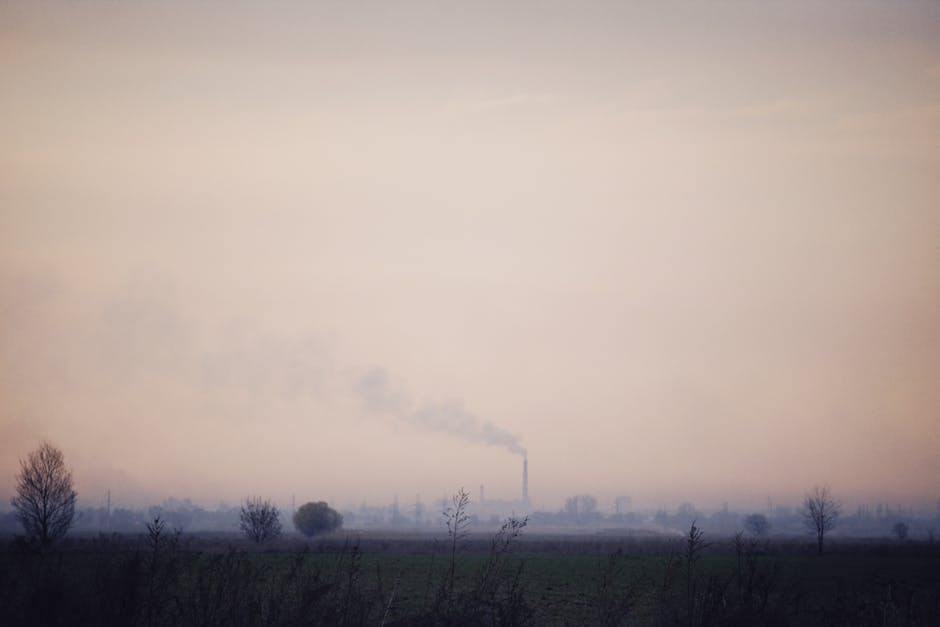Displaced Palestinian Families Endure Harsh Conditions as Rains Flood Gaza Camps
In the war-torn Gaza Strip, where over 1.7 million Palestinians have been displaced by relentless Israeli airstrikes, torrential rains have triggered a new crisis. Makeshift tent camps have turned into swamps, trapping families in freezing, flooded conditions without proper shelter. Children, women, and elderly civilians now face hypothermia, infections, and dwindling hope as humanitarian aid falls short.
A Nightmare in the Mud
For displaced families in Rafah, Khan Younis, and Deir al-Balah, winter rains have intensified their suffering. Flimsy tents made of plastic sheets and blankets offer little protection. Social media videos show families bailing water from their shelters, while children wade through knee-deep mud with bare feet.
“We fled our homes to escape bombs, only to drown in rainwater,” said Umm Mohammed, a mother of five in a Rafah camp. “Our blankets are soaked, and my youngest child has been coughing all night. There’s no medicine, no dry clothes—just misery.”
Collapsing Infrastructure Worsens Suffering
Gaza’s already devastated infrastructure, destroyed by months of bombardment, cannot handle drainage. Streets in displacement camps have become rivers, with sewage mixing into floodwaters, increasing risks of disease. The World Health Organization (WHO) warns of potential outbreaks of respiratory infections, skin diseases, and cholera.
“With hospitals barely functioning and malnutrition widespread, these floods are a death sentence for many,” said Dr. Fikr Shalltoot of the Gaza Health Ministry.
Aid Groups Overwhelmed by Unprecedented Needs
International aid agencies, already strained by blockade restrictions, struggle to deliver basic relief. While some groups distribute tarpaulins and blankets, supplies are insufficient. The UN Relief and Works Agency (UNRWA) reports 1.4 million displaced people crammed into 155 overcrowded shelters, many of which are flooded schools or open-air camps.
“We are doing everything possible, but the needs are unimaginable,” said UNRWA spokesperson Juliette Touma. “Fuel shortages mean we can’t even pump out water. People are sleeping in puddles.”
No End in Sight as War and Weather Rage On
With ceasefire talks stalled, Gaza’s displaced face a dire future. Israel continues its military campaign, while Egypt’s border remains closed, and Israel blocks construction materials—preventing even basic shelter repairs.
“This is not just a humanitarian crisis—it’s a moral catastrophe,” said Omar Shakir of Human Rights Watch. “The world cannot keep looking away while children freeze to death in tents.”
Global Outcry Fails to Bring Immediate Relief
Despite worldwide protests demanding a ceasefire, political divisions delay action. The U.S. calls for “humanitarian pauses” but avoids pressuring Israel to halt its offensive. Arab nations condemn the crisis but offer few concrete solutions.
For Gaza’s displaced, survival grows harder each day. As rains persist and war drags on, the world watches—but time is running out.
— NextMinuteNews




